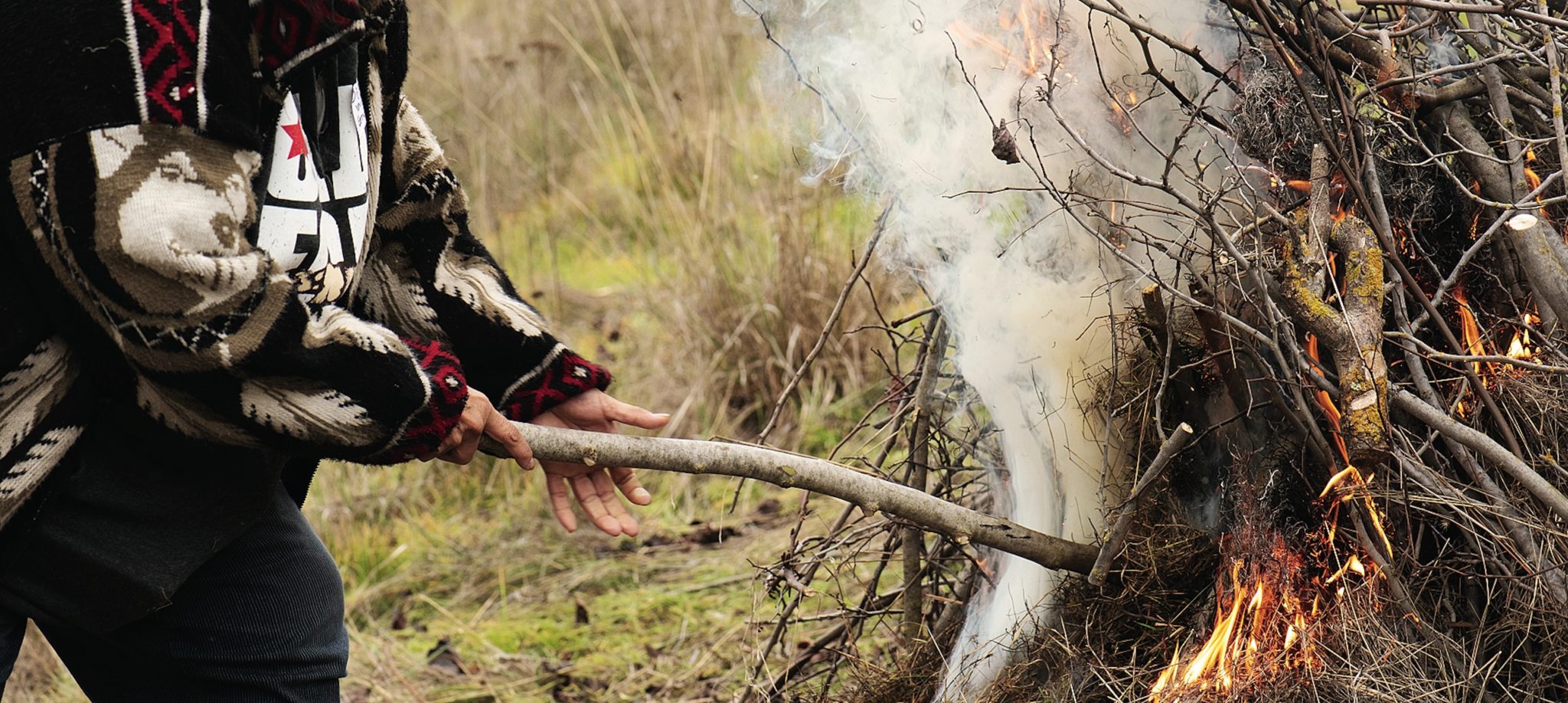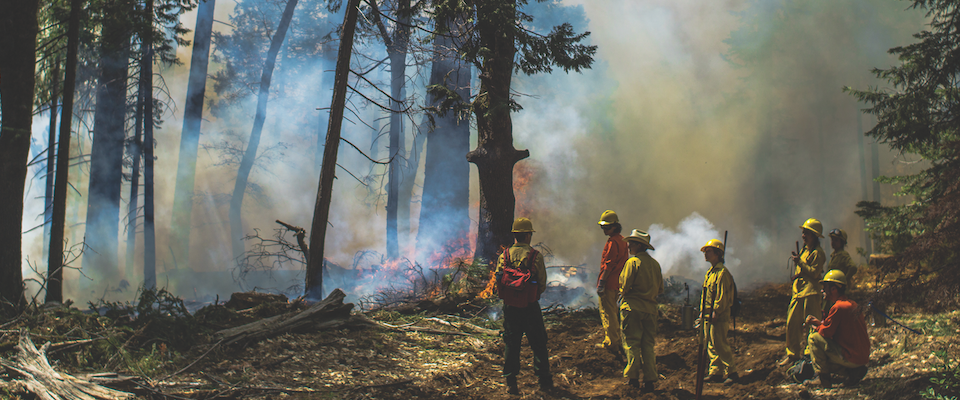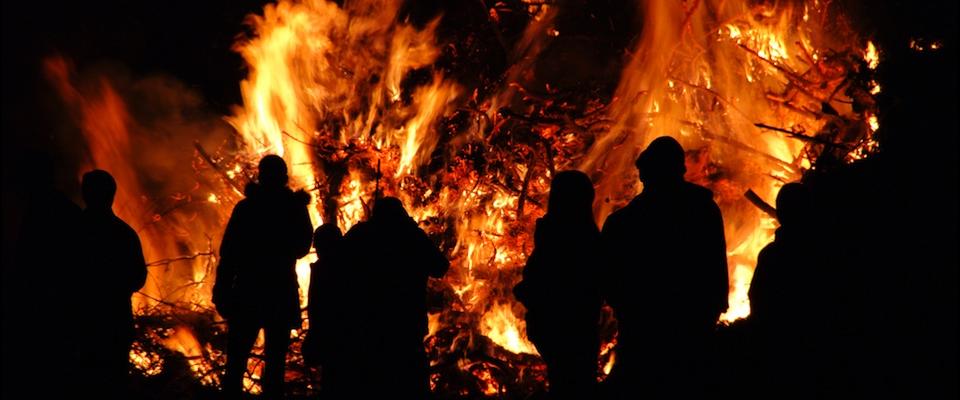Only we can prevent forest fires. That’s what Smokey Bear always said, his trusty shovel ready to snuff out burning embers. New Berkeley research suggests that, counterintuitively, setting small, purposeful fires can actually minimize the risk of major wildfires. The study, which was published in Proceedings of the National Academy of Sciences, discusses this phenomenon, labeled cultural burning.
For centuries, the Karuk and Yurok tribes set controlled fires in the Klamath Mountains to clear forest paths and provide better conditions for hunting and gathering. By thinning the region’s tree density, the Indigenous peoples reduced the chance of more devastating wildfires.
The team behind the study used centuries-old Indigenous knowledge to determine the impact of cultural burning on forest structure and biodiversity. “It really seemed necessary to talk to the people who live on the land to figure out what the story of this place was,” lead author and U.S. Geological Survey researcher Clarke Knight, Ph.D. ’21, told Berkeley News. “[T]here’s so much more beyond an empirical data set about the history of a landscape.”
The team received approval from the Karuk Resources Advisory Board before beginning the study. They also drew from coauthor Frank Lake’s doctoral thesis, which includes oral histories about the Karuk and Yurok peoples’ use of fire, as a resource.
For empirical data, the team analyzed sediment cores from two lakes in the Klamath Mountains to determine past pollen and charcoal levels. The cores show that tree density increased with colonization, as European settlers often prohibited cultural burning. The area’s biomass—fuel for fires—has roughly doubled postcolonization.
The authors conclude that overzealous fire suppression in recent centuries has only exacerbated the intensity of wildfires in the Sierra Nevada region. “The idea that we need to just let nature take its course really underestimates the management need [of the Klamath Mountains],” Knight said. “[T]hese woods were actively managed for at least a thousand years and probably longer.”
…
California magazine is an editorially independent non-profit magazine. We need your support to keep producing award-winning journalism about the world of Berkeley and Berkeley in the world. Please consider a donation in any amount. Fiat Lux and Go Bears!





















